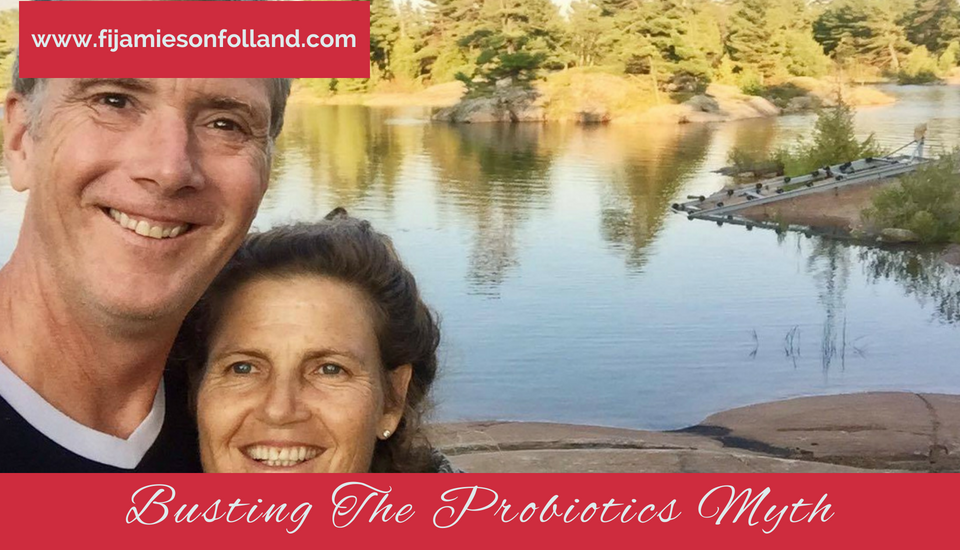When it comes to our health, we all know that probiotics are important for both our digestive and immune systems. And while probiotics aim to give our bodies good bacteria, not all probiotics are of the same quality.
So, how do we choose? Which probiotics is it best for us to use? Check out Secrets to a strong immune system to learn more.
First, though, let’s understand the reason commercial probiotics aren’t always reliable sources of the best bacteria [¹]:
- Commercialized probiotics are not clinically tested;
- Many are food-grade;
- Refrigeration is a questionable method of keeping probiotics alive; &
- Pasteurization is a no-win method in terms of ensuring the probiotic goodies survive
The lack of clinical testing and regulation of quality grade reduces the consistency from capsule to capsule. Storage methods compound the problem because whilst we’re often told to refrigerate our probiotics, doing so can kill the organisms we’re actually wanting!
And pasteurizing, necessary for commercially produced yogurt and other dairy products, is not ideal for the good bacteria either: they’re either killed by the heat treatment when added after the pasteurization process, or are placed in a dead medium when added after. These tricky areas make the mainstream probiotics not what they seem.
Since probiotics can improve function throughout our body systems, including even in our brains, it’s critical that our use and selection of probiotics is effective and that we’re using the best source of probiotics.
I’m passionate about helping people make informed health choices, and that’s the reason I’m excited to share with you the potential of effective options. Please do message me if you’re curious or have a specific question.
[¹] Wood, Matt. “Do Probiotics Work?” ScienceLife. The University of Chicago Medicine & Biological Sciences. 25 Nov 2014. Web. https://sciencelife.uchospitals.edu/2014/11/25/do-probiotics-work/
In this interview with Wood, Dr. Stefano Guandalini explains that “not all probiotics are equal, [which is] an important thing to stress. People think they can walk into a store and pick any probiotic from the shelf and they’re just the same. That is not the case. Different probiotics have different strains and concentrations of bacteria that have different properties. Only a minority of them has been tested properly in clinical trials to find if they were indeed effective”.
Fi Jamieson-Folland D.O, is The Lifestyle Aligner, with over 28 years experience in Europe, Asia and New Zealand as a qualified osteopath, educator, writer, certified raw vegan gluten-free chef, speaker, health mentor and Health Brand Ambassador. She loves to globe-trot with her husband Chris (NZ, Australia, USA, UK + Europe and Indonesia are current favourites) relishing an outdoor lifestyle and time with family and friends.


